Marvel Comics revolutionized the industry when Lee, Kirby, Ditko and the rest of the bullpen created a world of flawed heroes and heroines who dealt with real-world problems. Whether it was the Fantastic Four bickering over family issues and worrying about money, or Peter Parker’s chronic relationship problems and guilt, the Marvel Universe dominated the industry with characters that were relatable. With Ms. Marvel, G. Willow Wilson channels the spirit of the early Marvel U in every issue, creating an authentic version of our generation’s teenaged super-heroine. The lead character, Kamala Khan, is a neurotic, witty, Pakistani-American, “part-alien, morphogenic nerd,” who writes fan-fiction. Like Petey, Kamala has difficulty managing her “work-life balance.” Kamala juggles family, school and friends while saving her hometown and taking care of Lockjaw, the giant, mustached, teleporting, Inhuman dog with a pitchfork on his head.
When Marvel launched the series they only expected it to run for seven issues, but the comic destroyed all expectations. The first issue has been reprinted over six times, and issues two through four are catching up fast. And the most impressive achievement–Ms. Marvel is at the top of my pull list every month. I had one major mission at this year’s New York Comic Con: interview G. Willow Wilson. This turned out to be an easy task because Wilson is incredibly friendly and willing to geek out with her fellow fanboys and fangirls. Without further ado:
UTF: This morning you said [at the Nerdist panel], 5 years ago, Ms. Marvel wouldn’t have been the success that it is today. What do you think has changed with comic industry?
I think it’s the fans. I think the demographics are changing. If you look at, for example, the attendees of New York Comic Con, it’s now a 50-50 split between men and women. That didn’t used to be the case. I think, more people are reading comics, different people are reading comics, and the industry is responding to the fact that there is readers out there whose attention they want to capture and responding to that potential for a new market.
UTF: Were you afraid of the reaction when it dropped off [when Ms. Marvel was released]?
I don’t know that I was afraid. I thought, I think there’s, for a long time, there’s been kind of a script that people assume is always what happens when you launch a new book. And the script is, new characters don’t sell, female characters don’t sell, minority characters don’t sell. And so I thought, that this was going to be part of that script that everybody thought was just a way that it is.
When it wasn’t, when Ms. Marvel broke the mold and showed that those things can sell and can find an audience, I was excited. It was not something that I was expecting. So I tried to sort of, be realistic in my expectation and not, sort of, get my hopes up about what was going to happen. There was more anticipation I’d say, than fear. Trying not to get my hopes up, trying to say, “I don’t know. I don’t know if this is going to break the industry math or not.” When it did, it was amazing. It was really, really crazy.
UTF: Was there a lot of pressure from the fact that this means so much to so many people right now.
Yeah. I think there’s more pressure now than there was. When you set the expectations really low, it’s easy to overcome them. But I think it’s a different thing when now it’s something people are paying attention to, it’s something that’s meaningful to people, so you have to work hard to live up to the expectations. We’re just doing our best to keep telling a good story and to live up to those high expectations that the book has.
UTF: How long can you keep doing it? How many stories do you have in your head?
I got to say, when Sana Amanat, the editor and I sat down… we planned several story arcs out because we weren’t sure what would be the right one to start with and how long would we go on. We’ve got quite a bit that we could chew off, given what we put so much effort into, before the first issue even came out.
UTF: I’m a Jewish guy and I connect so much to her brother. I know many of those brothers, and her mother is, straight up, a Jewish mom to me, and the imam is my rabbi. How do you write a character that can connected to so many different people?
You know, what I tried to do was just pull on the threads that I thought would be familiar. We’ve all got the experience being teenagers. Everybody at some point in their life felt different. There’s the generational gap that is as old as time—the parents not understanding where the kids are coming from, and trying to keep it together and learn from each other. I just really tried to show that all of that same stuff exists in Kamala’s family. It’s the sort of dynamics that people can recognize. They might be speaking a different language. They might have a different religion, but the dynamic is something that almost anybody will recognize.
UTF: What happened to the porcupine?
That is all Adrian. Adrian Alphona, the artist. He has the most amazing brain, and a lot of that stuff, a lot of those visual puns, the visual gags are from him. They’re not in the script. HedgeHulk, which was what people’s been calling a porcupine–that was him. That weird sloth, plushy, that Kamala has, with the wings, that was all him. A lot of the times, he’ll put something in and I like it so much for that, I end up using it again in another script.
Oh gosh, what was the … Somebody pinged me on Twitter, and was like, “Marty McFly is in Kamala’s class,” and was like, “How did you do that?” I was like, “I had no idea it was even there.” I had to go look. …Because it’s not on the script. Adrian kind of snuck it in. Marty McFly has his head down on a desk.
It’s really, really a group effort. It’s the work of many hands. This book would not be what it is without Adrian, it would not be what it is without Sana Amanat, our editor, with Ian, the colorist. It’s really a group effort.
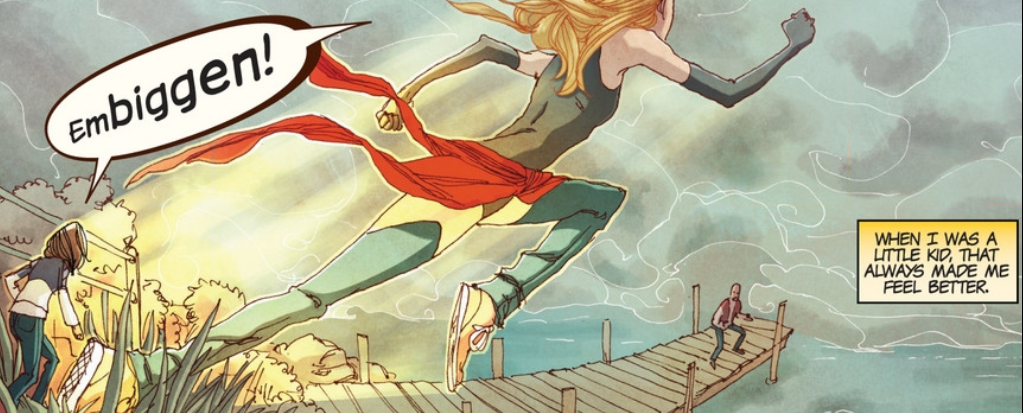 UTF: Embiggen, how did you come up with that one?
UTF: Embiggen, how did you come up with that one?
I’m sure that I did not invent that word. I’m sure that I heard it somewhere. It’s on the internet, somewhere. I feel like somebody said to me once, “I had to embiggen this picture.” With regard to a .jpeg or something, and that stuck in my head and became the thing that she does.
So somebody, that would be a project for anybody into Ms. Marvel, track down where did embiggen come from? Because I know it didn’t begin with me. I know I’m stealing it from somewhere; I just don’t know where.
UTF: What’s the best reaction you have gotten from Ms. Marvel?
I got to say, this goes to sort of, how you never know what somebody’s carrying. I did a reading, or a signing in Denver, Colorado and this big, blonde guy with a beard came up to me and he said, “You know the scene , where she’s thinking about, ‘why do I have to be the one who brings weird food for lunch.’ I started crying. I was like, ‘Oh my.’ Because my mom is Polish. She’s a Polish immigrant. She came here not speaking any English, and I was always the kid with weird Polish food for my lunch. It made me feel different and that always stuck with me and to hear you say that exact thing, about bringing weird food for lunch, it totally struck me.”
And he’s not, that’s the thing, he’s this giant, blonde guy you would never think “Oh, he’s new to this country.” Or like, “He comes from an immigrant background.” But you never know what people are carrying. You never know what people are going to connect with. When you see people on the streets, appearances are deceptive. That was really cool to me, to know that that guy had that reaction.
UTF: What characters do you connect to? I know you were a fan of Wolverine and you got to play with him. So what characters do you deeply connect with?
You know, Storm was my first, sort of, female hero icon as a kid. I would run a round on a playground and pretend to be her along with this other kid who would put pencils in between his knuckles and pretend to be Wolverine. So she was, really for me, kind of the gateway to the whole world of comics. Especially at the time when I was young, there was the Fox Kids cartoon of the X-Men that she was in and the voice actor that they cast for her had a deep voice. It was just like me. It was just like, you don’t have to be the tall, skinny, blonde, pretty, with the fairy tale Tinkerbell voice, in order to be a hero, in order to be powerful and awesome. That really resonated with me. Through her, I’ve kind of got in to the whole thing.
UTF: I know you lived in Egypt for a little while. What was comic culture like in Egypt and how do they react to Ms. Marvel right now?
You know, comic culture as we know it here, is a very new thing in Egypt. In fact, the first dedicated comic bookstore opened just a couple of years ago, in Cairo. Before that, it was just sort of, they get translations of Mickey and Donald Duck. It was something for kids.
It’s a new thing there, and it’s really starting to take off. You can see more and more people getting into it. There’s a demand for the comics. I did a signing in Cairo a few years ago based on a Twitter conversation that I had with some guys, who were comic book fans, who knew my work.
It’s becoming a global phenomenon but it was much newer there than it is here. I’ll be excited to see if it’s something that takes off. They’ve got a Middle East Comic Con now in Dubai, which was awesome. There’s no other way but up, I guess.
***


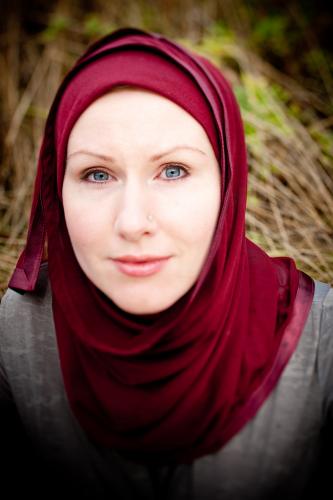
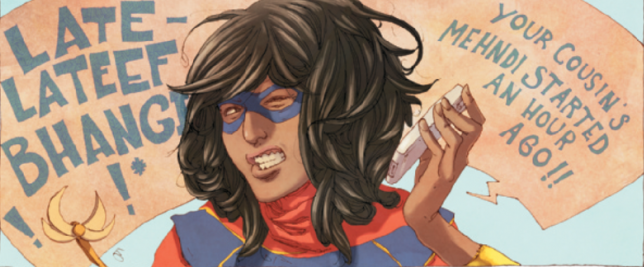
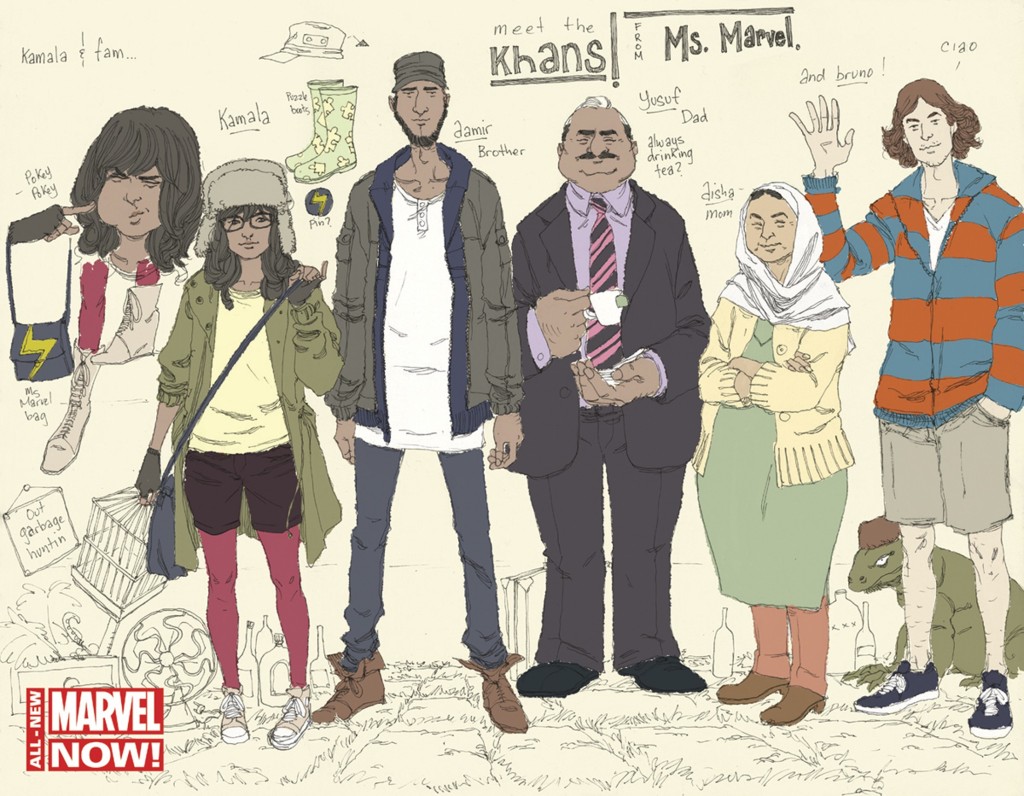
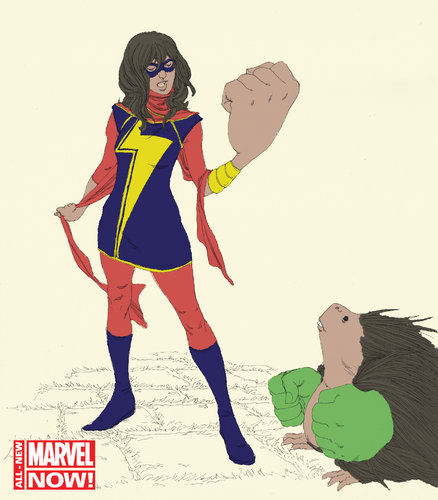

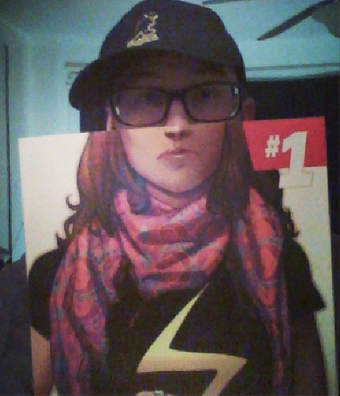
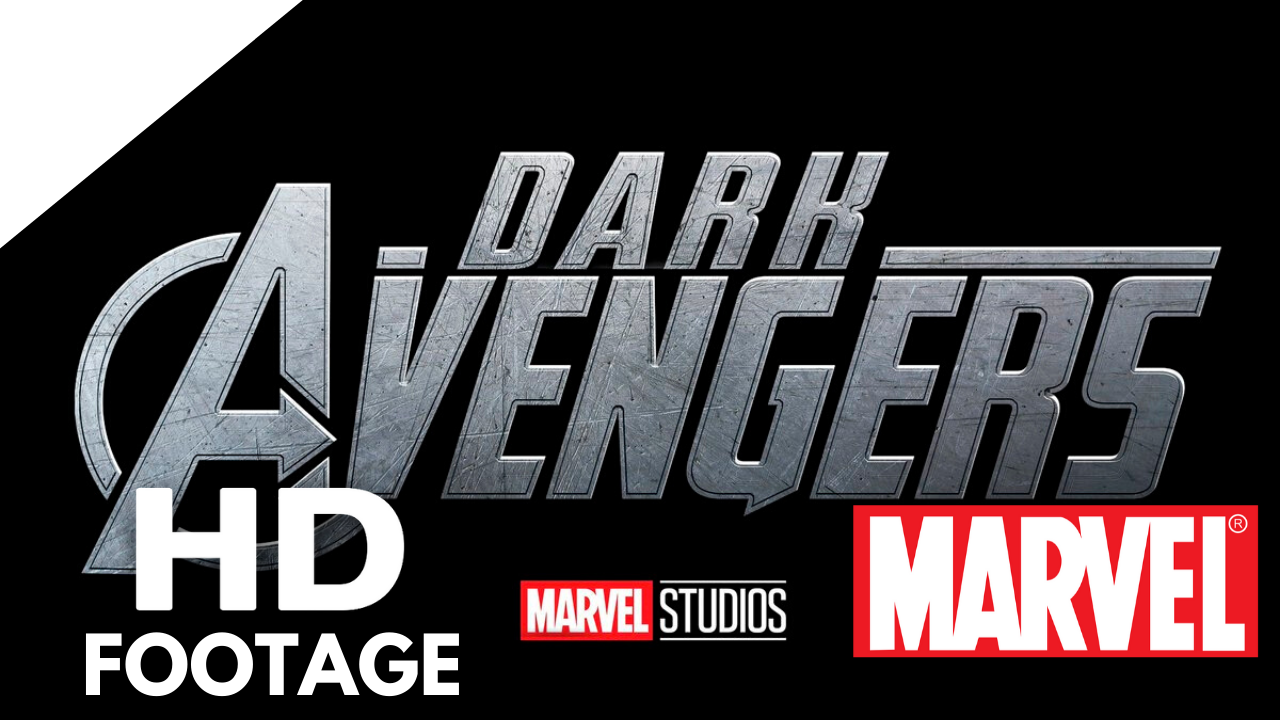
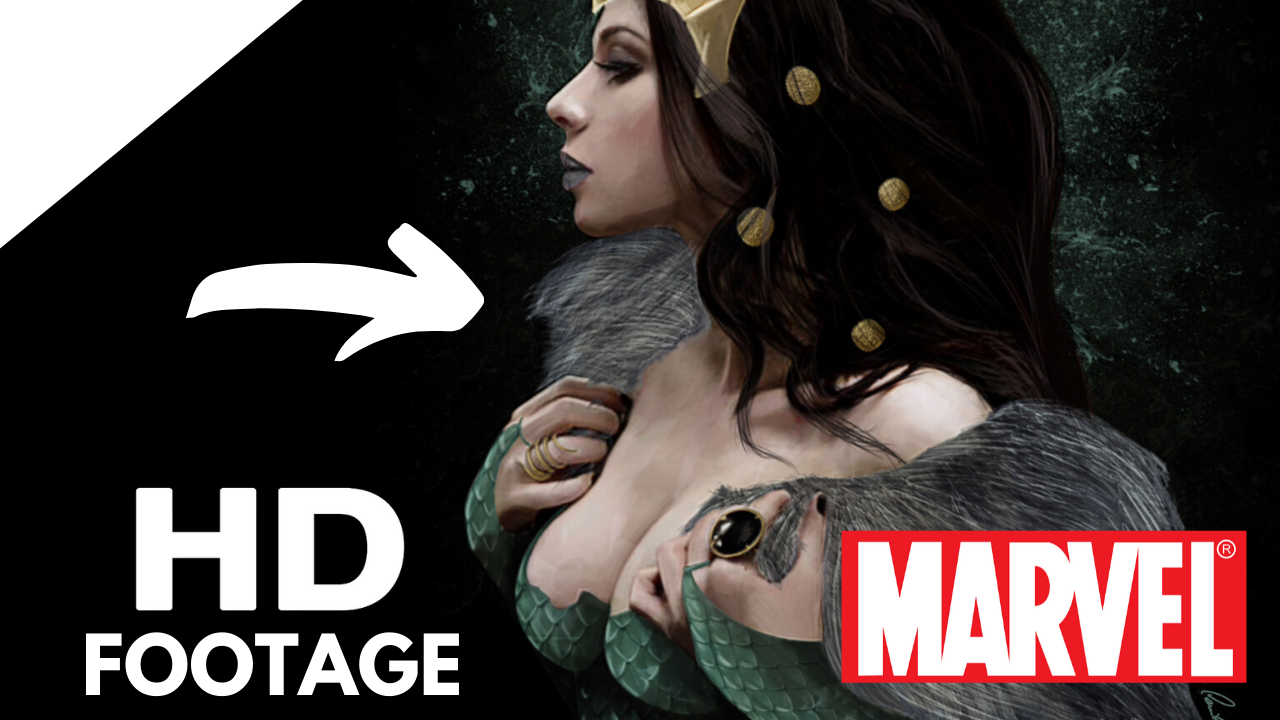
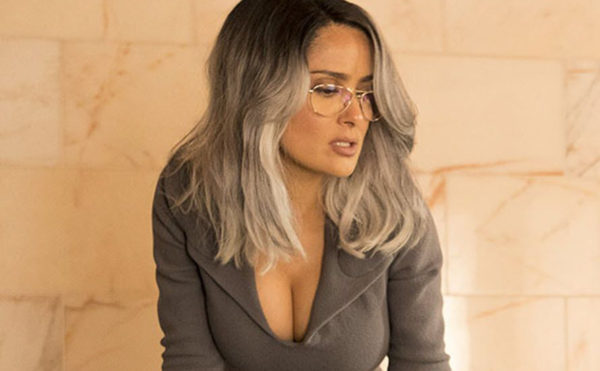
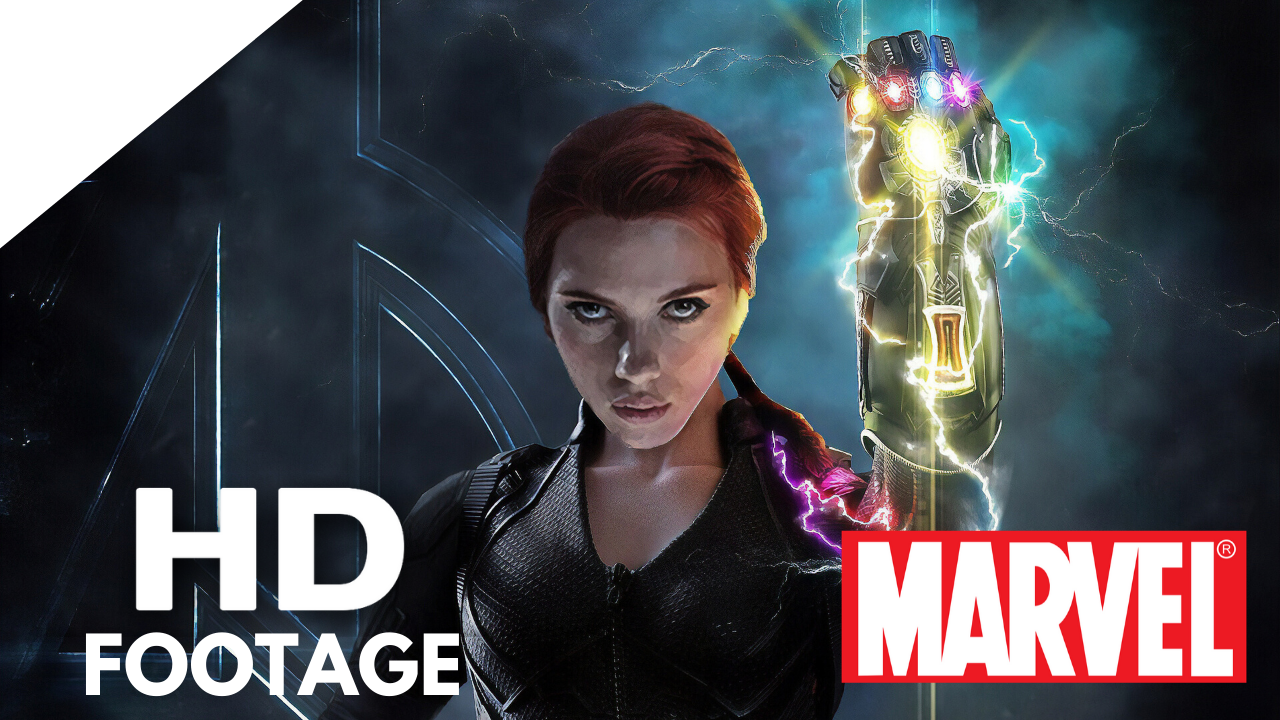
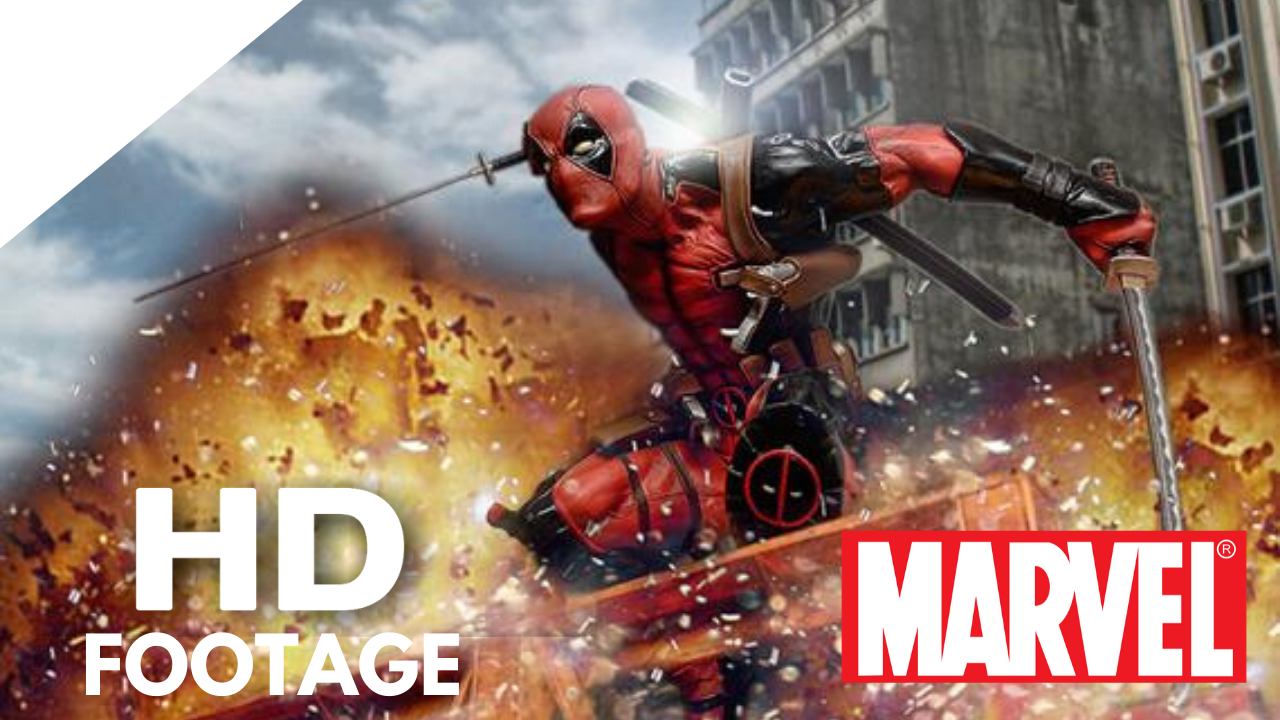
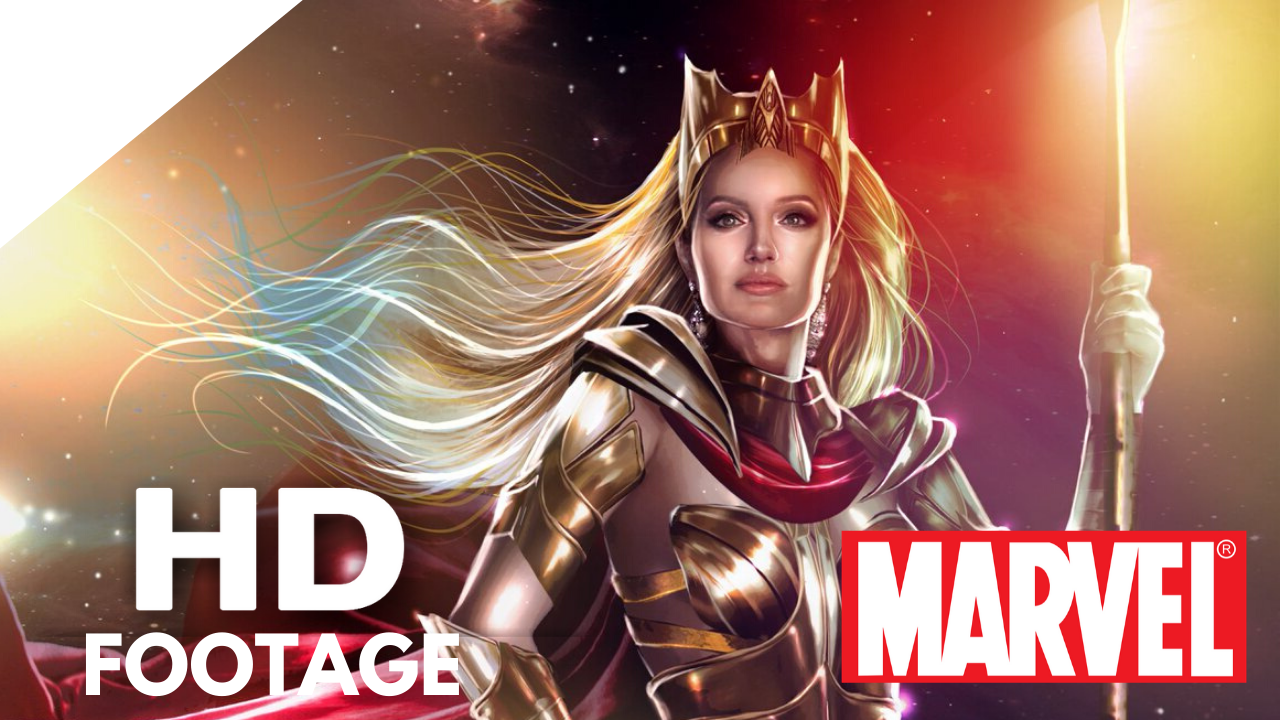
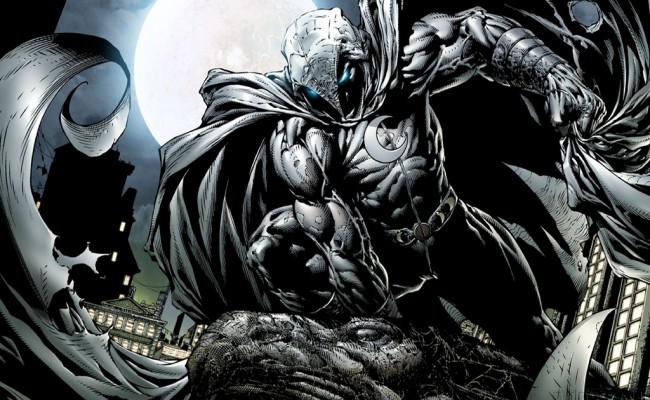

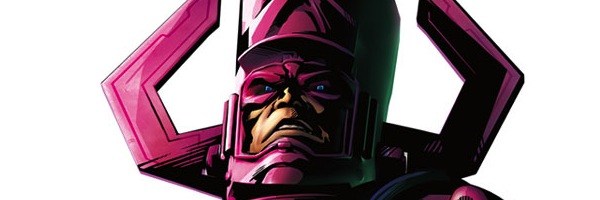
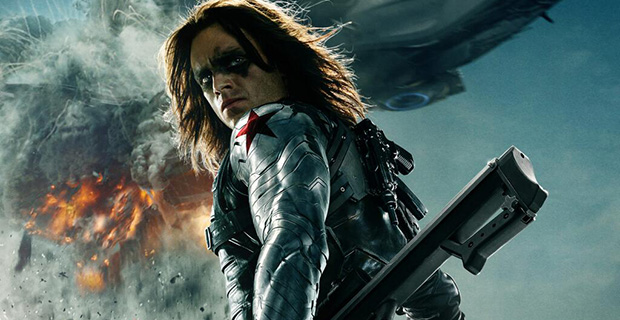
S#!T Talking Central